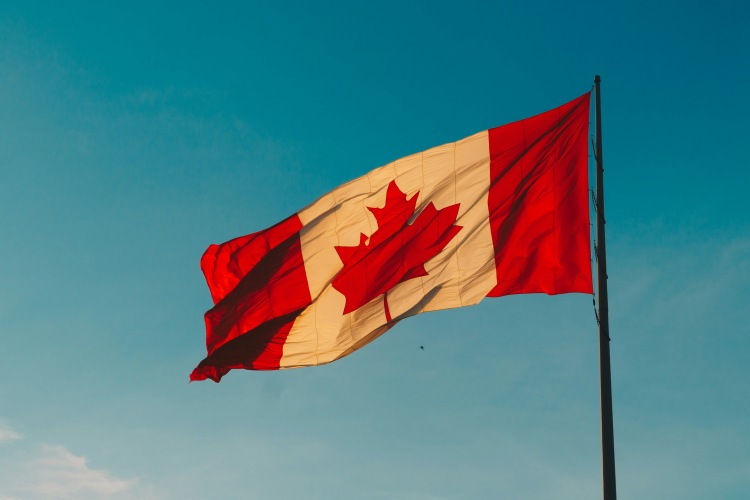
The diplomatic tensions between Canada and India reached a new high on October 14 when Canadian Prime Minister Justin Trudeau reiterated allegations about India’s involvement in the killing of Khalistani separatist Hardeep Singh Nijjar on Canadian soil. In response, India recalled its diplomats, and Canada expelled Indian diplomats. Despite this, the bilateral relationship is expected to experience minimal changes.
Given the relatively small scale of India-Canada trade, the escalation is unlikely to significantly affect trade and investment ties. Government officials believe that Canadian pension funds, which have invested over $54 billion in India, will continue to flow through alternative routes such as Singapore and the United Arab Emirates. India is confident that any gaps left by Canada will be swiftly filled by other countries eager to seize the opportunity. Additionally, Indian businesses, students, and job seekers are expected to find ample opportunities elsewhere, according to officials.
READ | Cryptocurrency dilemma: India must balance between adoption and oversight
According to the Global Trade Research Initiative (GTRI), despite significant political tensions, trade between India and Canada has remained largely unaffected. This resilience is attributed to the private sector-driven nature of trade and the absence of restrictive regulations from either country on the flow of goods and services. Business continues as usual in both nations.
India-Canada trade
India and Canada have maintained diplomatic relations since 1947, and strong economic ties have persisted over the years. Approximately 600 Canadian companies operate in India, while Indian companies like Tata Consultancy Services, Infosys, and Wipro are active in sectors such as IT, software, steel, natural resources, and banking.
Canada accounts for less than 1% of India’s total trade, ranking as New Delhi’s 33rd largest trading partner, with total trade amounting to $2.68 billion during the first seven months of the fiscal year (April-October). The only imports likely to be affected are peas and masoor lentils, as Canada is a major supplier of these staples. However, India has been diversifying its suppliers, with favourable currency trade with Russia and tensions with Canada contributing to this shift.
Of the 1.67 million tonnes of masoor imported by India in 2023-24, half came from Canada, while Australia contributed around 49%. For matar (peas), India imported 1.16 million tonnes in the same period, with Canada accounting for 52% and Russia for 30%. India is also exploring alternative suppliers like Mozambique, Myanmar, Australia, and Tanzania. However, global prices could rise if India stops sourcing pulses from Canada.
In addition to these two key imports, the possibility of a trade deal between the two countries will face challenges, at least while Justin Trudeau’s government remains in power. Canada withdrew from free trade agreement (FTA) negotiations with India in September 2023, and any discussions about resuming them are now on hold. Prospects for expanding market access in Canada are also on pause for the time being.
India’s exports to Canada amounted to $3.84 billion in FY24, down from $4.11 billion in 2022-23. Major export items include medicines, garments, diamonds, chemicals, gems and jewellery, seafood, engineering goods, rice, and electrical equipment. On the other hand, India’s imports from Canada rose from $4 billion in FY23 to $4.55 billion in FY24, with key imports including pulses, crude oil, fertilizers, aircraft and aviation equipment, diamonds, and bituminous coal.
Canada is a popular destination for Indian students, accounting for nearly 40% of all international students in the country, according to the National Foundation for American Policy (NFAP). While trade relations between India and Canada remain stable for now, the GTRI study noted that prolonged political disputes could have economic repercussions for both nations.
India’s growing influence as a political and economic powerhouse could be dented by these tensions. New Delhi’s increasing role in global affairs will likely attract greater scrutiny of its actions and rhetoric. It is crucial that India maintains its composure and balance, using mature, behind-the-scenes diplomacy to prevent further escalation.
For now, trade between India and Canada has avoided the worst potential fallout from the diplomatic tensions, but both nations will need to carefully manage the situation to prevent any significant economic consequences.
